Ajam Emba
This women-run eatery and cooking school is putting India's long-neglected tribal cuisines back on the menu.
Walk off the bustling city streets of Ranchi, India, into Ajam Emba, and you’ll encounter a scene more common to the region’s rural hinterlands than to its capital city. Murals in the style of local indigenous communities decorate the walls, while staff bring out food cooked in traditional earthen pots over wood fires and wrapped in the leaves of local plants. The brainchild of rural-development-worker-turned-entrepreneur Aruna Tirkey, Ajam Emba is a catering company and restaurant aiming to fight the disappearance of India’s tribal cuisines by bringing indigenous flavors and ingredients to urban tables. Run by indigenous women, who also staff a cooking school empowering their peers to turn their cooking skills into successful businesses, Ajam Emba aims to help preserve India’s indigenous cultural heritage—and serve delicious food in the process.
Ajam Emba is located in the state of Jharkhand. The state’s population is 26.3 percent indigenous, or adivasi—made up of communities who have heritage claims to land and historically lived independently of India’s hierarchical caste system. And yet, adivasi people remain socially and economically marginalized. In the past several decades, the rise in corporate agriculture has contributed to the disappearance of indigenous culinary culture, replacing heritage grains such as millet with industrialized staples such as wheat and rice. Tirkey, a member of Jharkand’s indigenous Oraon community, grew up eating millet as a staple grain, and had slowly watched its displacement from her community’s diet. When she saw millet being advertised at a steep markup at a new, urban department store—the price so high many members of her own community couldn’t afford it—she decided to take action.
“Ajam Emba” means “great tasting, healthy food” in the Oraon’s people’s Kudukh language, and the restaurant’s food lives up to its name. The menu features traditional dishes such as fermented rice tea and marh jhor, herbs cooked in brown rice starch. Visitors can also sample playful, indigenous-influenced modern takes on popular snacks, such as millet momos, chicken-and-vegetable-stuffed dumplings that are a common Indian street food thanks to Nepali and Tibetan influences. The menu offers guests a taste of regional ingredients that are hard to find anywhere else. Rather than using industrially farmed chickens, for example, the chicken is desi, or local: a smaller bird whose meat is said to have a richer flavor. Come at the right season, and you can taste sanei phool or jute flower curry. Priced at around $3 an entree, the dishes are markedly less expensive than a night out at a chain restaurant or glossy mall, and proceeds go directly into indigenous women’s pockets.
The small space is staffed by women from nearby villages, who come to attend cooking classes and earn money to support their communities. For Tirkey, the project isn’t just about serving tasty food: It’s about fostering pride in adivasi culture. That’s good news for visitors, who, by supporting the preservation of this culinary knowledge, are also sure to have a one-of-a-kind experience: As global as cuisine has become, you’d be hard-pressed to find jute flower curry at the supermarket.

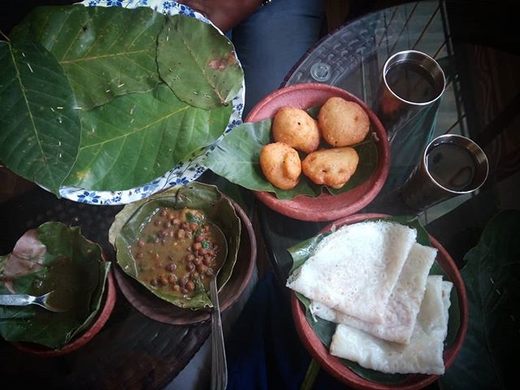

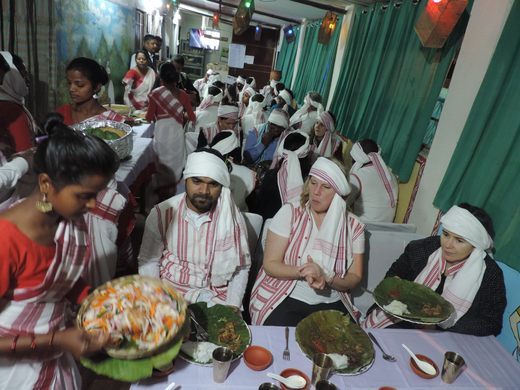
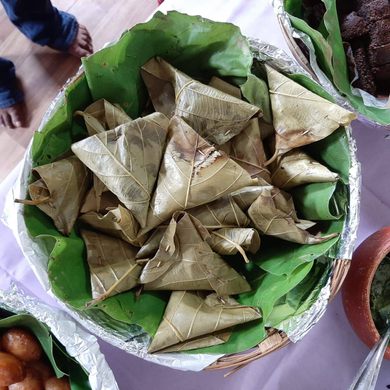

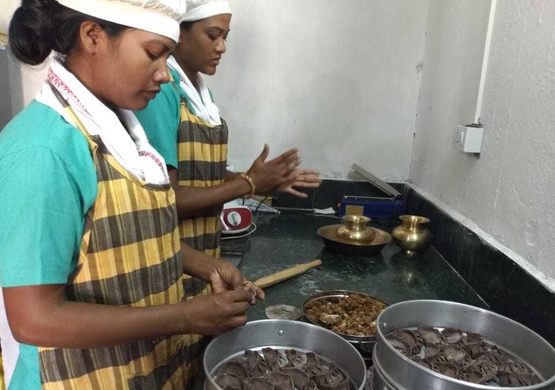
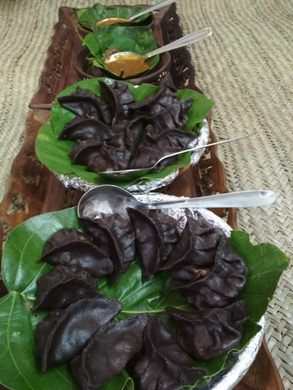











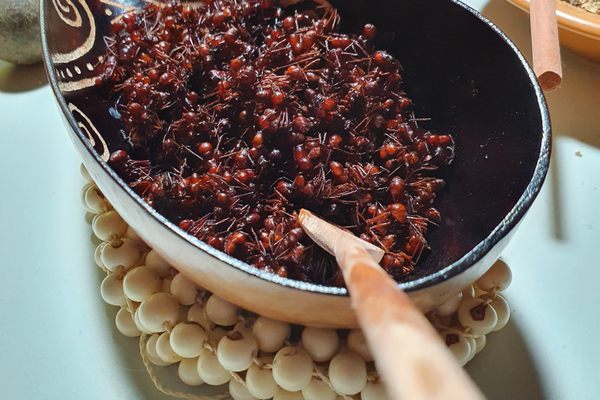



Follow us on Twitter to get the latest on the world's hidden wonders.
Like us on Facebook to get the latest on the world's hidden wonders.
Follow us on Twitter Like us on Facebook